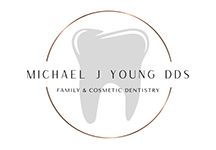Ever Wonder What Your Smile Really Needs? Part Two
Did you commit to taking better care of your smile this year? Are you determined to make it to December without a single cavity? If so, you may have already vowed to brush and floss your teeth daily. You may even have scheduled your six-month dental checkups and cleanings. If you really want to enjoy…
